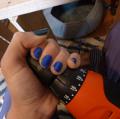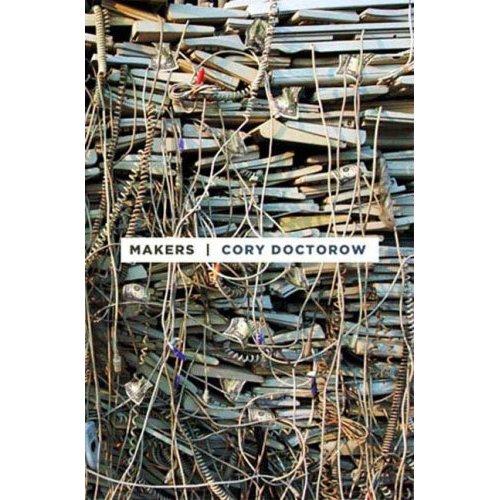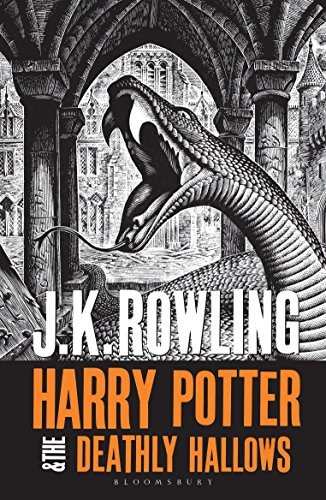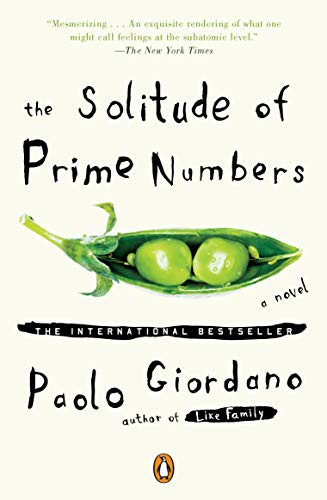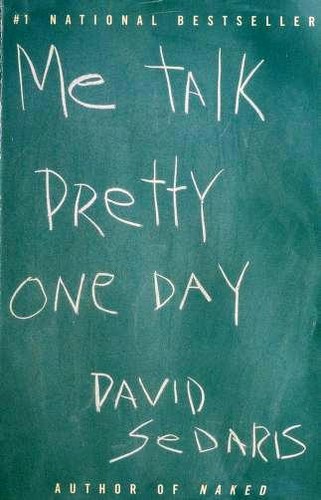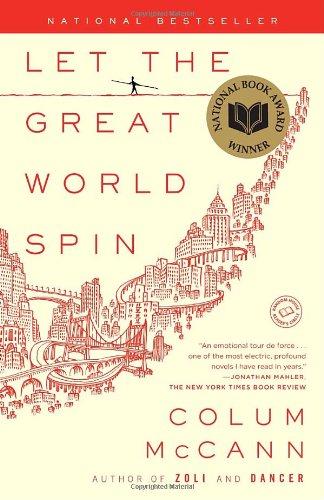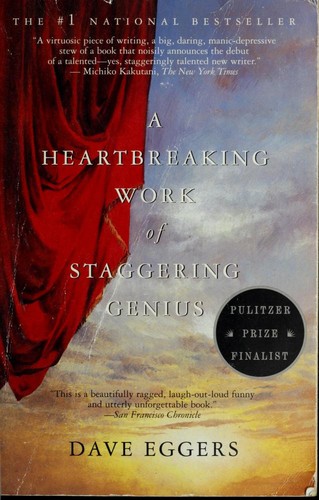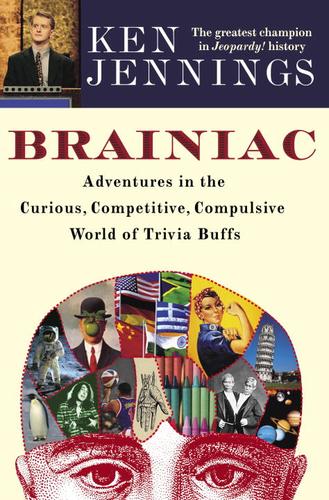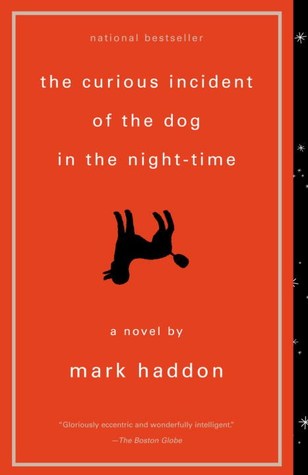This book is beautiful, engaging, complex, thoughtful, and moving. [a:Foer|2617|Jonathan Safran Foer|http://photo.goodreads.com/authors/1274633302p2/2617.jpg] doesn't write books, he crafts them, carefully, attentively, and skillfully. His talent for weaving disparate storylines together into a complex, layered narrative that is somehow still intimately accessible and illuminating was demonstrated forcefully in [b:Everything Is Illuminated|256566|Everything Is Illuminated|Jonathan Safran Foer|http://photo.goodreads.com/books/1298482115s/256566.jpg|886727], and is on full display in his second novel. Except that it's not so much on display as it is underneath, providing a foundation and background that rarely calls attention to itself but enriches the story in a way that has made Foer the well-deserved success that he is.
His first book played lightly with the medium of the novel, fiddling with things like type and interwoven chapters, but this book takes his art to a whole new level. A quick perusal will reveal full-color prints, seemingly random sequences of photos, blank pages, series of pages with a handful of words apiece, pages with pre-circled words, and even pages so dense with type as to be literally unreadable. I can imagine Foer telling his publisher what he wanted to do with this book, getting some very skeptical looks, but pointing at his first novel and getting his way. And I am very glad that he did. Foer has taken his success and used it to flex his creative vision in ways that wouldn't have otherwise been possible, and the result is a sometimes very strange-looking book. At a cursory flip, all of this may appear to be gimmicky, and in the hands of another author, very well could be. But the strength in Foer's art is that as unusual as it is, it never calls attention to itself. Each oddity - the blank pages, the colored prints - is wholly unjarring, and in fact expresses the story in a way that a pure sequences of words never could. It is one thing to play with the form of the novel and push boundaries for the sake of doing something different, and another thing to truly use those deviations to better tell your story and engage your reader. Foer's skill in doing the latter is what sets Extremely Loud and Incredibly Close from [b:Cloud Atlas|49628|Cloud Atlas|David Mitchell|http://photo.goodreads.com/books/1170360941s/49628.jpg|1871423], the last book I read, which also plays with its form - while Mitchell's form was interesting, it often called attention to itself, and seldom did much to further the stories that it told. Foer's form, on the other hand, is often almost invisible, in that you forget that blank pages in books are not how books are supposed to be written, because they convey the story so perfectly. All of Foer's devices feel very necessary, and are used to their full potential, and the story is much richer and better for it.
So what story does all of this form work so well to convey? An intimate, complex portrait of nine-year-old Oskar Schell, who lost his father in 9/11, and the story of his deeply personal journey through the labyrinth of emotions and questions that his father's sudden and jarring departure left behind, on top of the complexities of being a nine-year-old with a mind that never stops inventing. We read, feel, and experience the stories of him and of course the deeply connected lives of his mother, his grandparents, and the other people whose lives he affects and is affected by. Oskar, although he is young, is a very intelligent, thoughtful, and introspective child, and he sets out on a quixotic journey that no one, including himself, really understands, but that he simply must embark upon. As his story - and the stories of those around him unfold - beautifully, slowly, carefully - Foer explores what it means to be human, to love, to lose, to be in relationship with other people.
There is far more than 355 pages worth of book packed in between these covers. It is somehow wholly accessible, readable, and enjoyable, while being thick with connections, contemplation, questions, and quiet introspection. The complexity undergirds the whole narrative, and is always present, but somehow never loudly calls attention to itself. And I swear I didn't plan this, but I just looked over at the cover again...the complexity is, you might say, extremely loud and incredibly close.
This book is a brilliant use of the form of the novel, in ways that few authors attempt and fewer succeed in. But the beauty of it is that these novelties are not why you should read the book - you should read this book because it is a deeply relevant, thoughtful, thought-provoking and engaging story, told exceedingly well. The devices throughout are used carefully and effectively, only when they are needed, and only when they tell the story in a way that words alone cannot. Oskar Schell's story is certainly one that deserves to be so well-told, and one that deserves to be read, thought about, experienced, and treasured.
